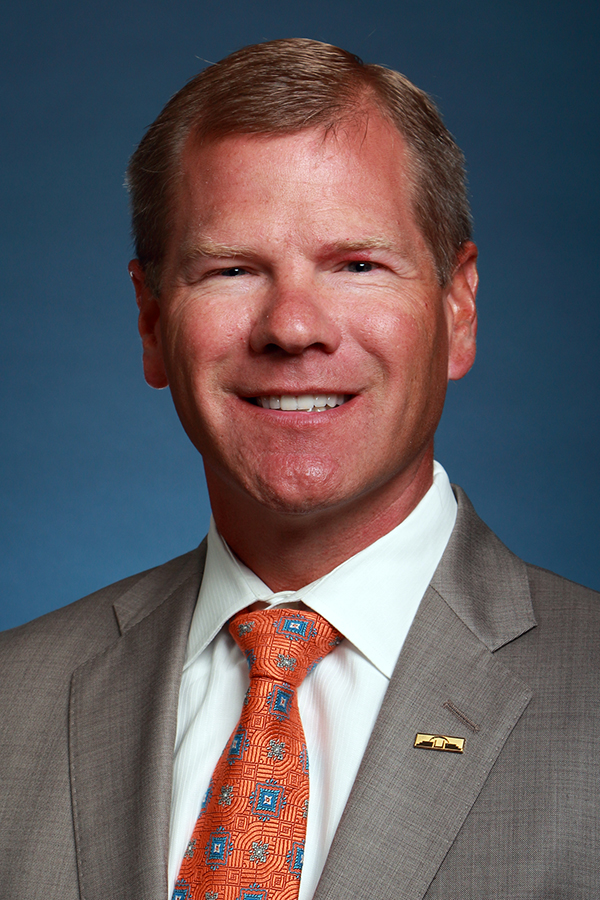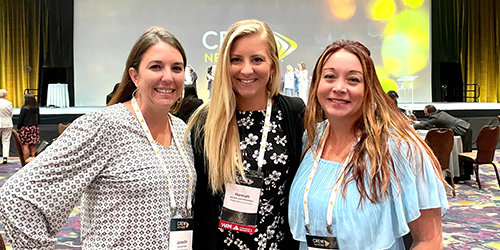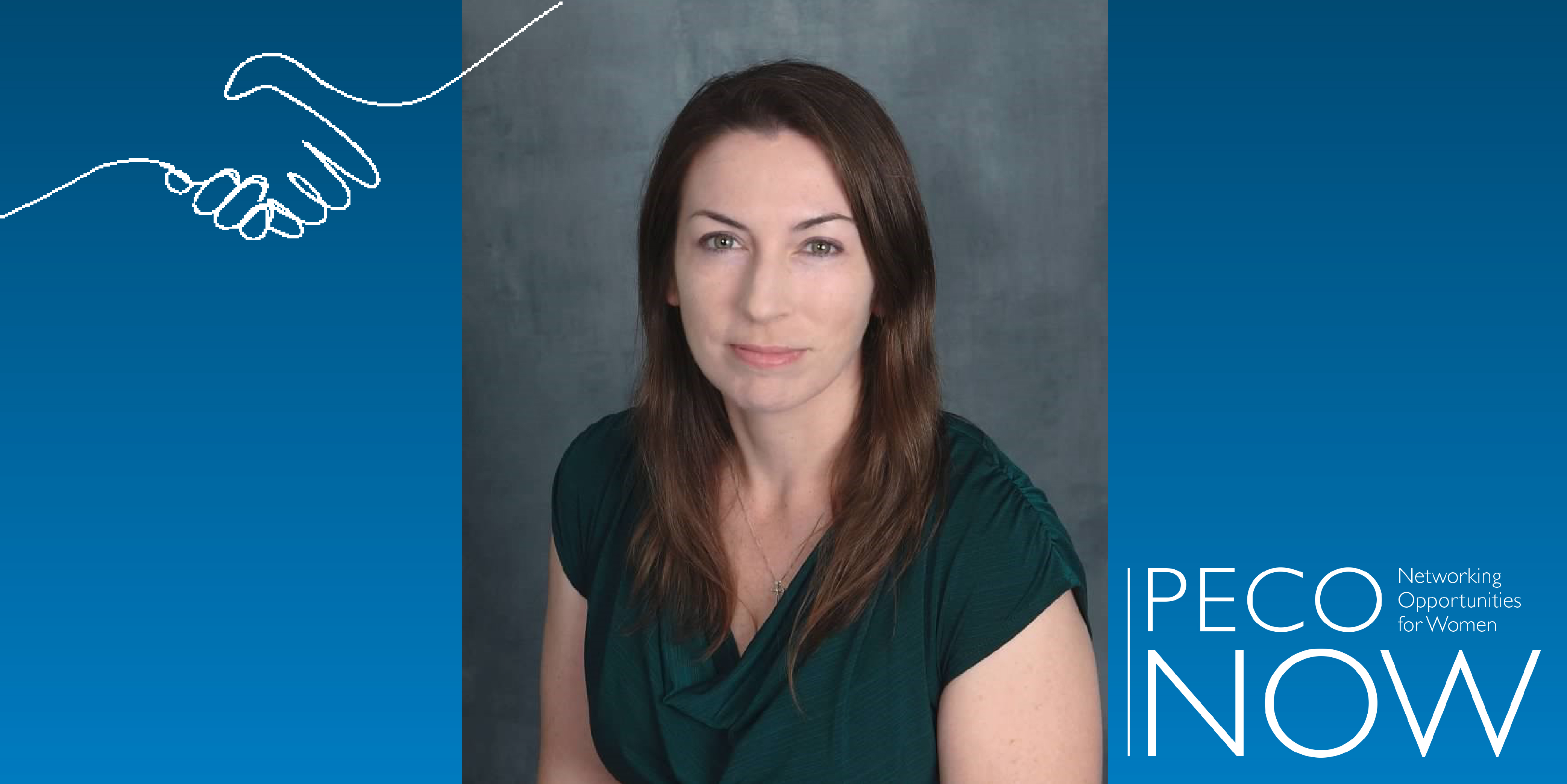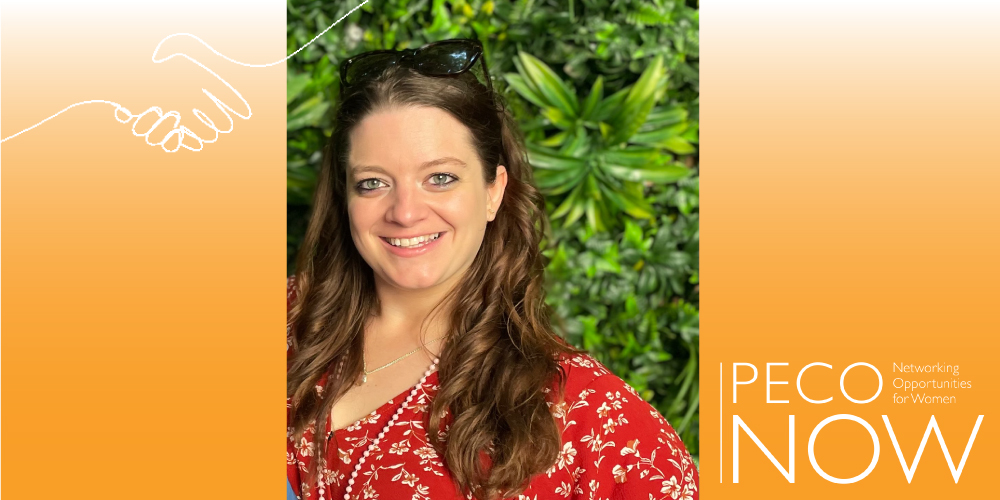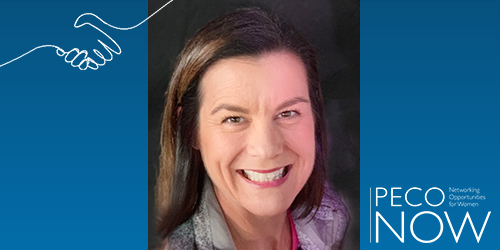In any given day, we make a multitude of decisions ranging from what to have for breakfast to how to meet our goals at work. Often, those decisions, especially the more complicated ones, are presented to us in the form of a story. We’re given a narrative that outlines the current status of an issue and we apply our past experiences – our own story – to that. For example, when my kids ask me to intervene in a disagreement, they tell me the story of who started it and what happened. While they’re telling me this, I’m also remembering past behavioral patterns for each of them. Both their story and my internal narrative affect how I respond and the decision I make.
In my role at Phillips Edison, I am often asked to consider issues which are presented to me by a team member explaining the situation. As I assess what I am being told, I also review my own past knowledge and experiences of similar events or concerns. Most of us use this process of comparing information when making decisions. It’s a natural approach to problem solving and an easy way to quickly resolve an issue.
Recently, during our monthly leadership meeting, this decision making process became a point of discussion. We were sharing stories about what was happening within the company and, as we compared notes, we realized that we each had a different narrative for the same situation. Our past experiences on the topics varied significantly and each of us was applying those histories to different explanations given to us by different sources. We had to step back and separate the facts from the stories.
Since that meeting, I’ve realized that this is a skill each of us must consciously foster each day in order to be effective leaders at work and in our personal lives. Good decision making is a critical leadership and life skill and we make better decisions when we take the time to extract the facts from the story and examine those facts objectively. Yes, the story and our past experiences play a role in the process, but we need to recognize that they are not always fact. I’m trying very hard to practice this and am encouraging my team to do the same.
Published On Sep 01, 2016
in Leadership & Development

